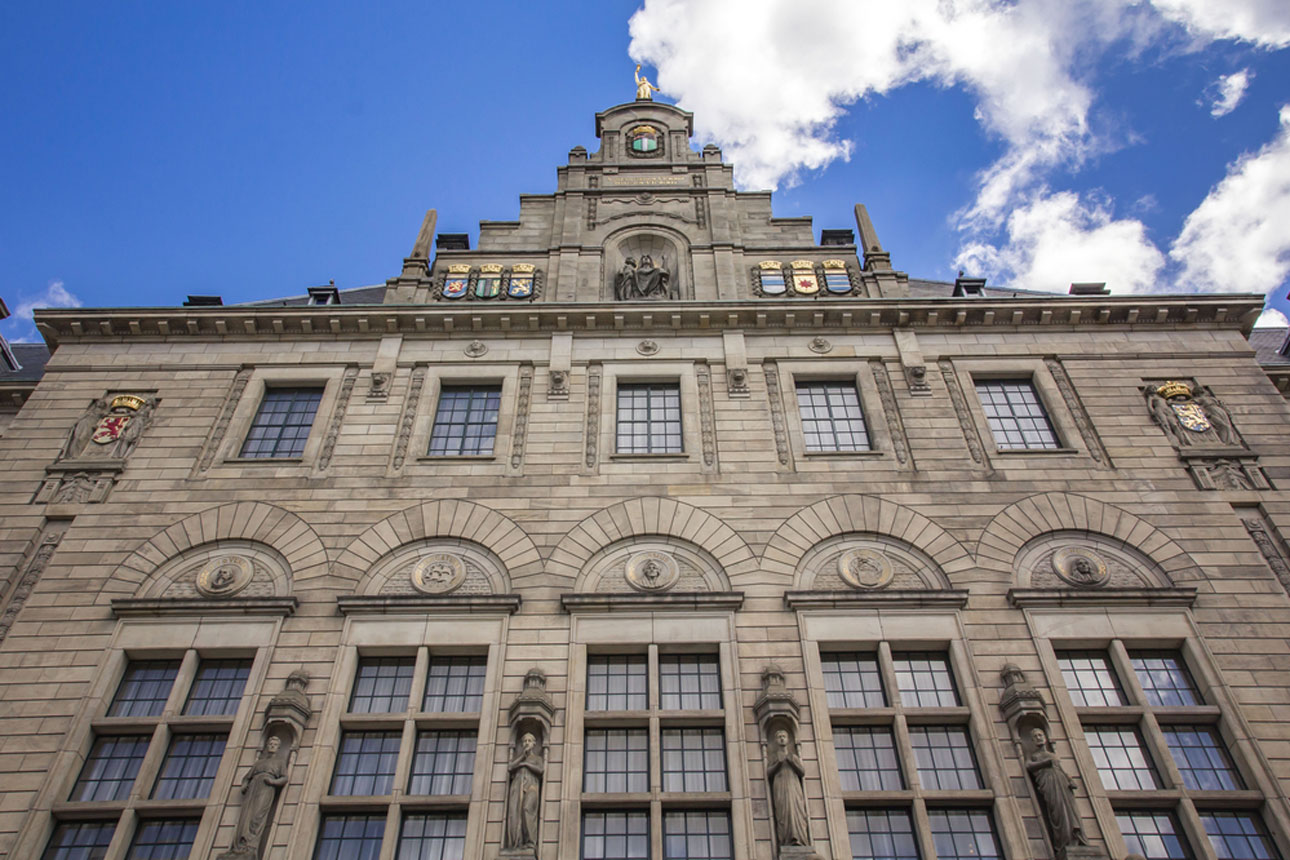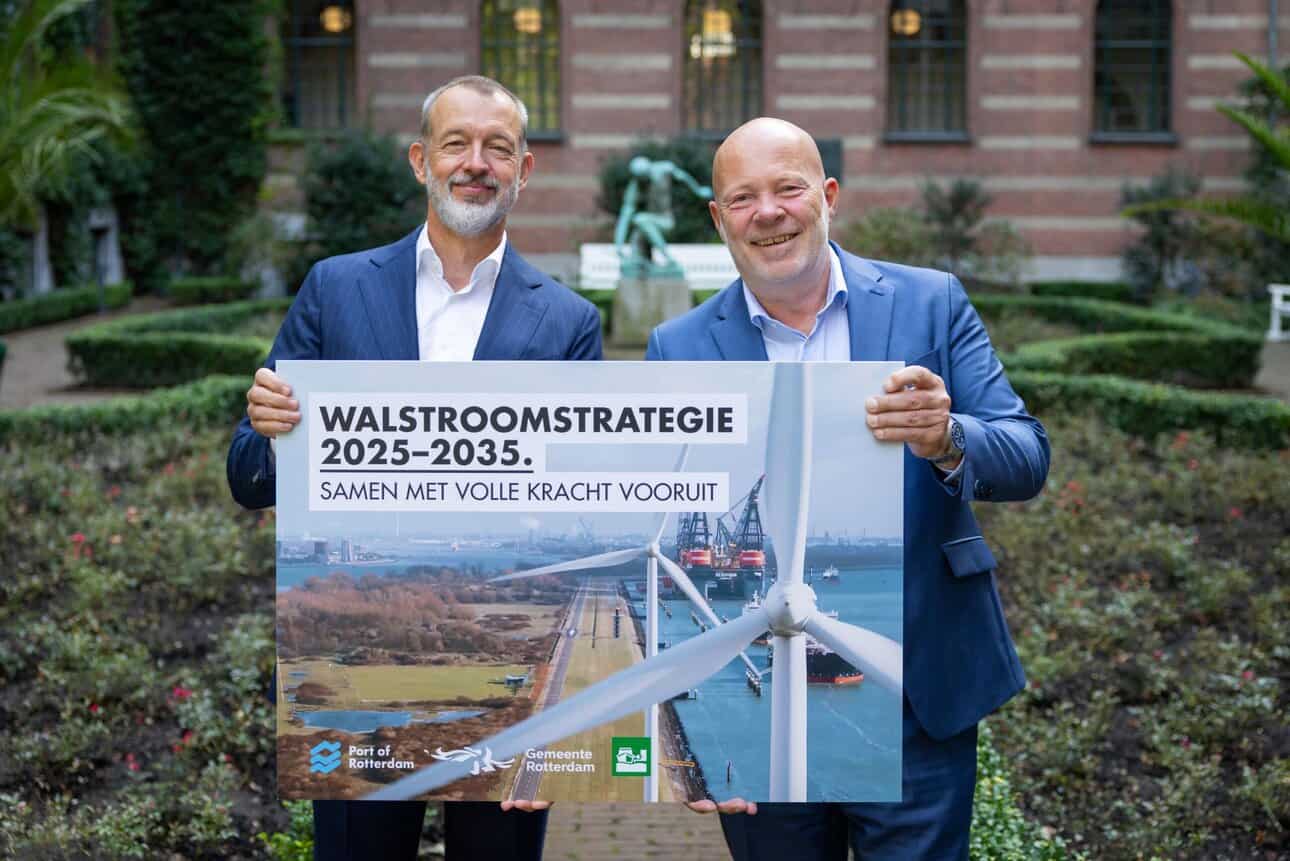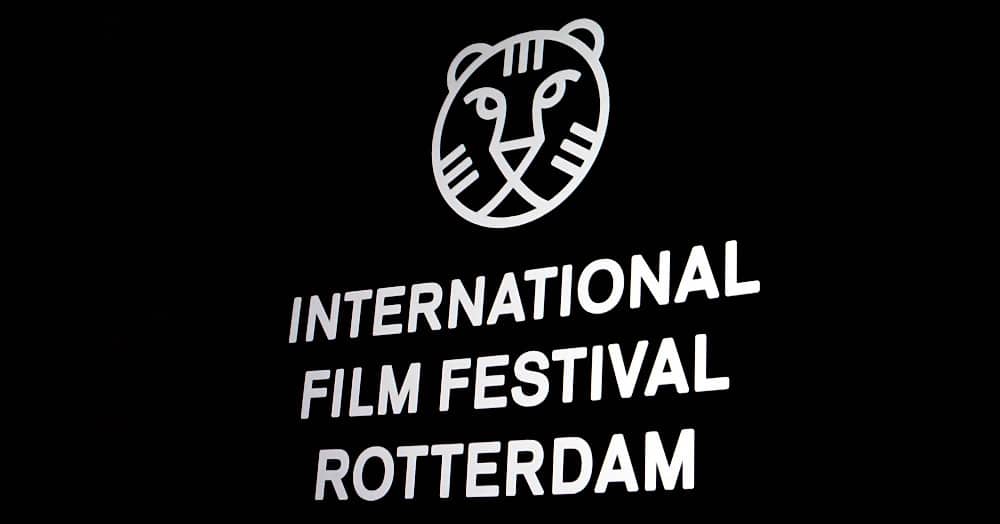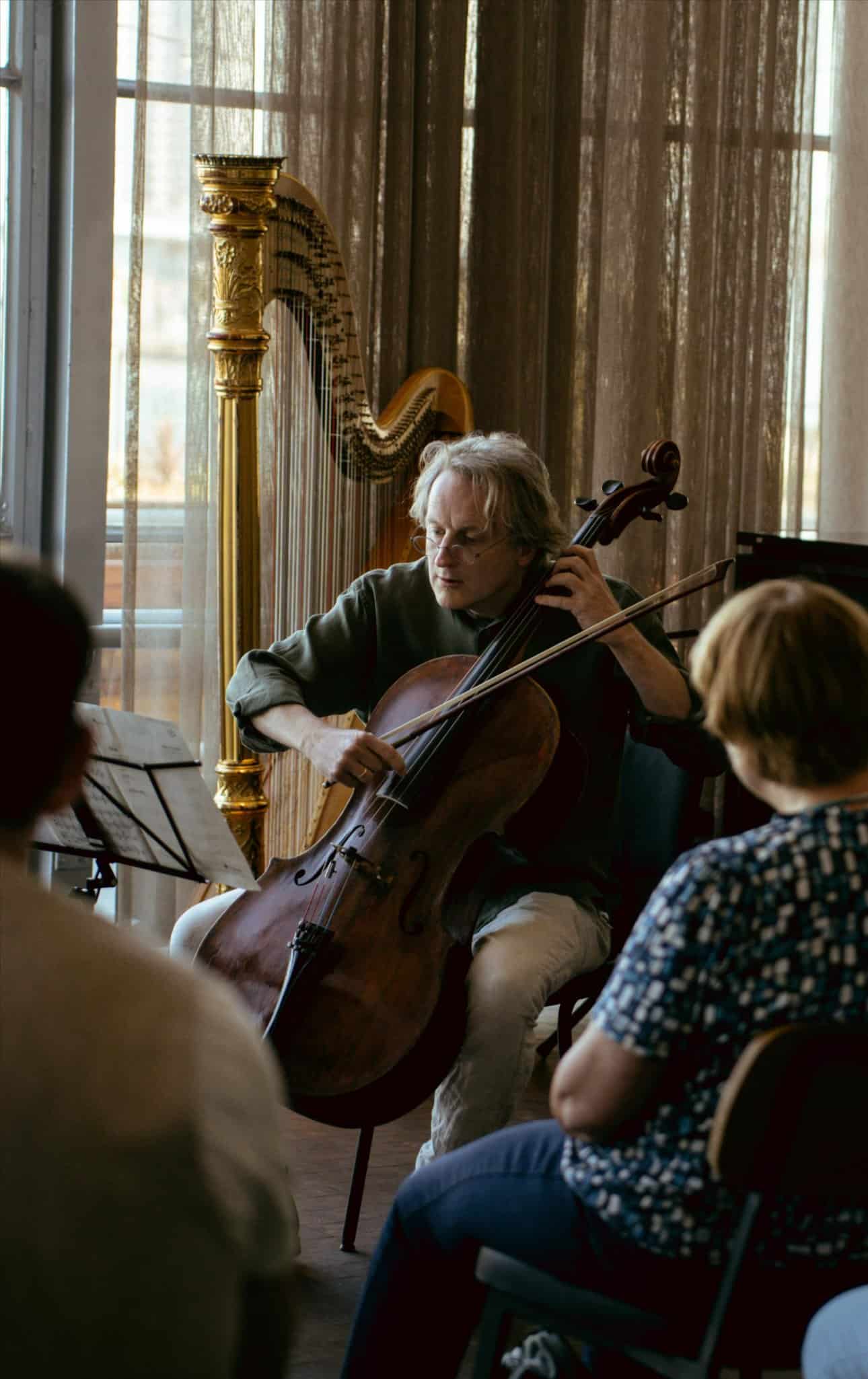ROTTERDAM, 26 November 2025 – Rotterdam has opened a new Social AI Lab in Rotterdam Zuid, where residents and experts work together on fair and understandable technology. The initiative aims to make artificial intelligence more inclusive, so that digital tools work for everyone in the city.
Sociaal AI Lab opens in Rotterdam
On Tuesday afternoon 25 November 2025, the Sociaal AI Lab Rotterdam (Sociaal AI Lab Rotterdam) was officially opened in the Hillevliet on Rotterdam Zuid. The lab is described as an open and creative workplace where residents, researchers, designers, students and policymakers explore applications of artificial intelligence together.
The lab is an initiative of the municipality of Rotterdam in collaboration with Erasmus University Rotterdam and its Erasmus Centre for Data Analytics, Rotterdam University of Applied Sciences (Hogeschool Rotterdam) and Techniek College Rotterdam. The opening took place during the Week of Digital Participation, with an introduction by alderman Faouzi Achbar, followed by a panel discussion, a lecture by professor Moniek Buijzen and several workshops on responsible AI use.
Lab connects residents, researchers and students
The Social AI Lab focuses on researching, developing and testing AI applications that can support social issues in care, welfare, education and the city. Residents are given an active role, for example through workshops for different age groups, co creation sessions and a mobile lab cart that visits neighbourhoods in Rotterdam to learn about AI together.
There is also a digital figure called Digiderius, a “digital Erasmus” that Rotterdammers can talk to about public themes. In this way, the lab tries to bring abstract discussions about algorithms, data and automation closer to daily life in the city.
Alderman Faouzi Achbar says that technology should never exclude people in a city where everyone must be able to participate. According to him, the Social AI Lab represents a step towards AI that is fair, safe and understandable for all residents. He stresses that technology is developed with residents instead of only for them, so that more people can think along, join in and benefit from digital developments.
The lab works on the basis of social values such as human dignity, inclusion, transparency, privacy, safety and responsibility. These principles are meant to guide decisions about which tools are built, how they are tested and how they are used in practice.
Values behind the technology
Professor Moniek Buijzen of Erasmus University points out that AI should not only be technically strong but also socially responsible. In her view, the Social AI Lab is a place where science, practice and residents come together to shape that responsibility.
By bringing together different perspectives, the partners hope to create technology that actually fits the needs of the city. This includes questions about how algorithms treat people, how understandable systems are for non specialists and how digital tools can support trust instead of undermining it.
Part of digital inclusion in rotterdam
The Social AI Lab is part of Rotterdam’s Digital Inclusion (Digitale Inclusie) programme and is housed in the Hillevliet on the south bank. Through this programme, the municipality wants to ensure that all Rotterdammers can participate safely, skilfully and fully in the digital society.
The lab is expected to function both as a research environment and as a meeting place, where people can experiment with AI in an approachable way. In the coming period, activities will be expanded in cooperation with local partners, schools and neighbourhood organisations.










